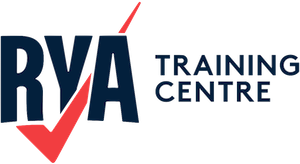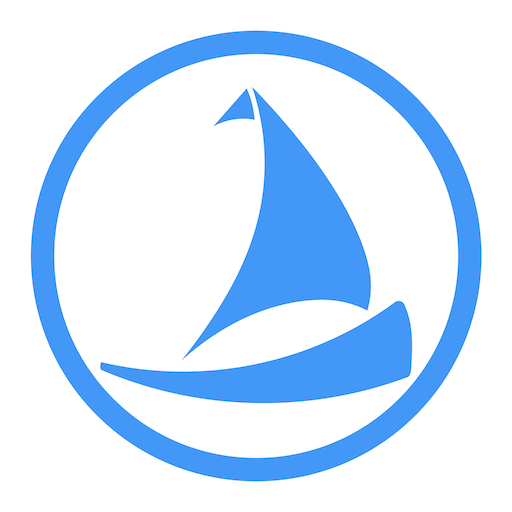Log
A log is a detailed record kept by a vessel’s crew that documents the ship’s course, speed, weather conditions, and other important navigational and operational data during a voyage.
A log, often referred to as a ship’s log or logbook, serves as an official record of a vessel’s journey and is essential for both navigational and legal purposes. Historically, the term “log” originates from using a “log line” to measure a ship’s speed. Sailors would throw a wooden log attached to a line with knots at regular intervals into the water, and by counting how many knots passed through their hands over a set period, they could estimate the vessel’s speed. This is where the term “knots” comes from as a measure of speed in nautical terms.
In modern maritime practice, the logbook is a formal document that records various information. This includes the vessel’s position (latitude and longitude), course (the direction in which the vessel is moving), speed, and any changes in these factors. The log also records weather conditions, such as wind speed and direction, sea state, and visibility. Additionally, the log may include information about the ship’s engine performance, fuel consumption, and any maintenance or repairs carried out during the voyage.
The officer on watch typically maintains the log and updates it regularly, usually every hour or at significant points during the voyage, such as when the ship changes course or encounters notable weather conditions. In the case of an emergency or accident, the log can provide crucial information for investigations, as it offers a detailed account of the ship’s operations leading up to the event.
In addition to its navigational function, the logbook may also serve as a legal document. For example, in disputes over cargo, accidents, or other incidents at sea, the log can be used as evidence in court. As such, it is important that the log is kept accurately and up to date and that any entries are made clearly and legibly. Some logs are still kept in physical books, while others are maintained electronically, depending on the vessel and the regulations of the country under which it is registered.
In recreational boating, the skipper or crew can also keep a log to record the details of a trip, including the route taken, points of interest, and any notable events or experiences. While not necessarily required by law for smaller vessels, keeping a log can be useful for tracking progress, planning future trips, and maintaining a record of the boat’s performance over time.
In summary, the log is an essential tool for professional mariners and recreational boaters, providing a comprehensive record of a vessel’s journey and ensuring that important information is documented for navigational, operational, and legal purposes.


